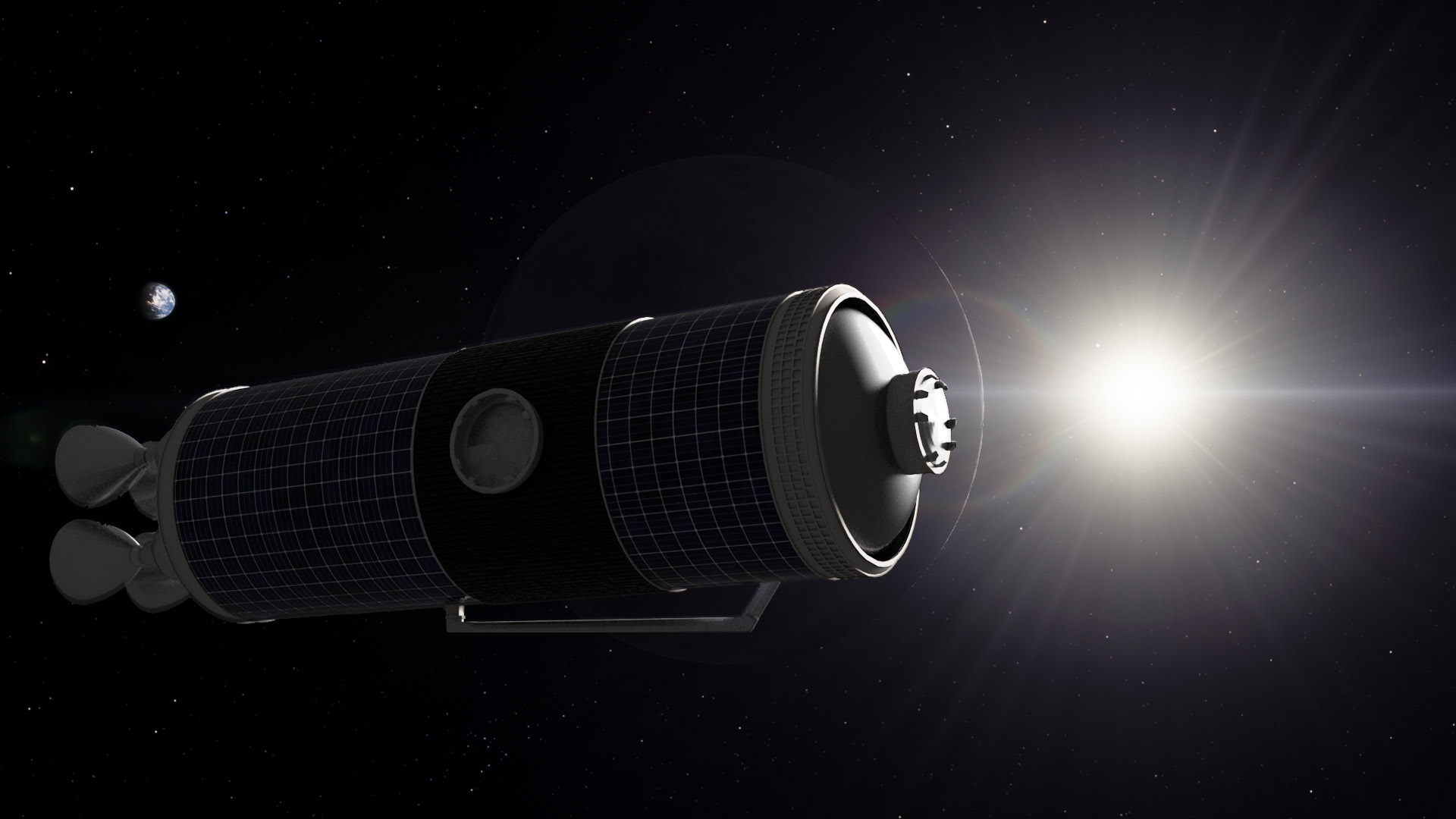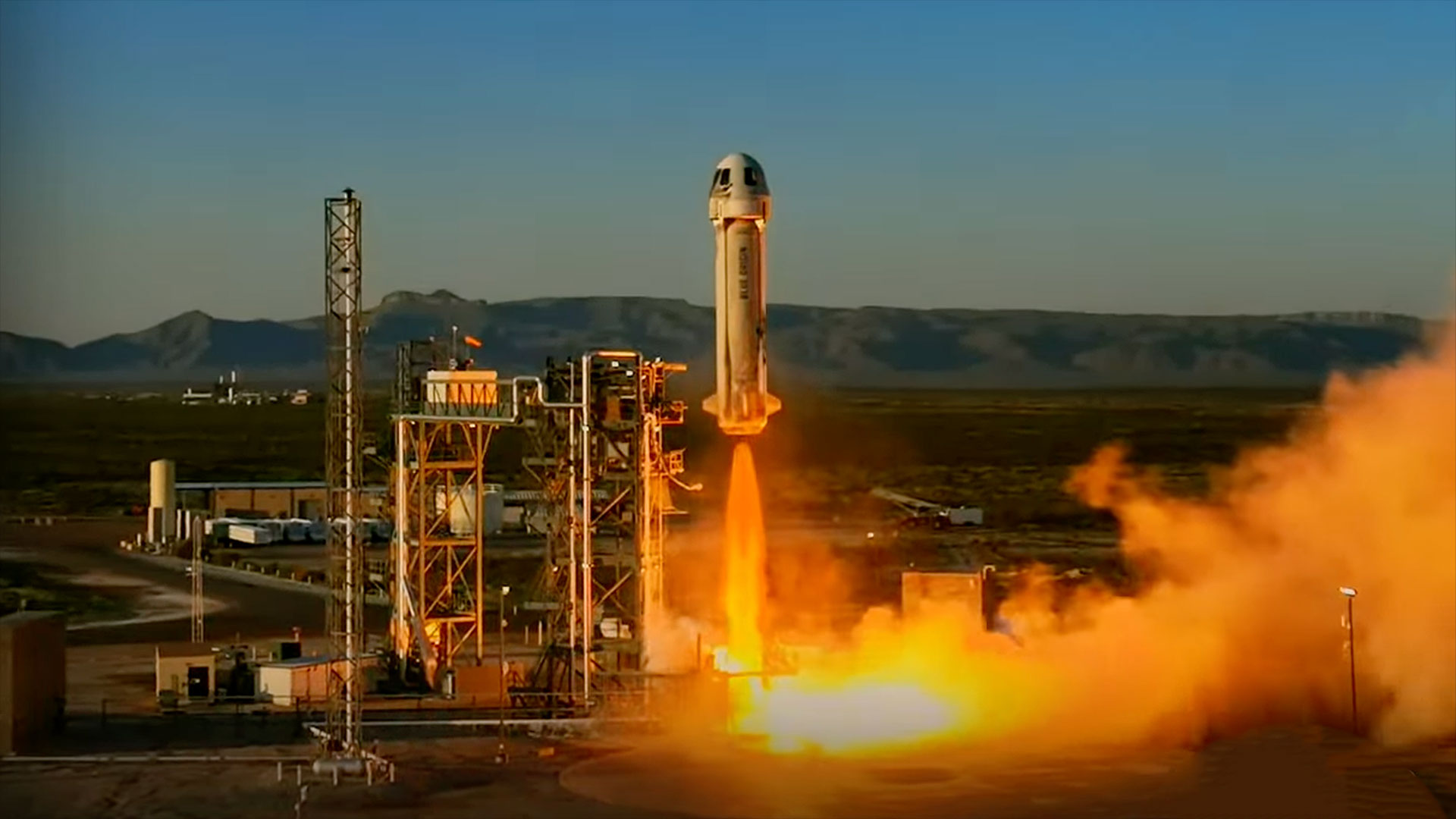Nanoracks tests tech to slice up space junk in orbit for 1st time
A robotic arm softened up metal in space in an aim to address the growing space debris problem.

A historic experiment eroded metal for the first time in space.
A SpaceX rideshare flight recently hosted a robot that softened up metal through friction, demonstrating a technique that could one day be used against rogue space debris.
With tens of thousands of pieces floating around in orbit, and more satellites launched into low Earth orbit by the day, the U.S. government and private companies alike are seeking more solutions to protect the zone from cluttering up too much for space exploration. NASA, Congress and the Federal Communications Commission have all released new frameworks addressing space debris in recent weeks.
The technique demonstrated on the Transporter-5 mission earlier this year is called friction milling, "which uses a cutting tool operating at high rotations per minute to soften the metal," experiment host Nanoracks wrote in a recent statement. (The robotic arm and samples were completely sealed up in this experiment as a further precaution against generating new space debris.)
Nanoracks (which hosts U.S. experiments aboard the International Space Station) is aiming to develop a series of Outpost stations that would host payloads aboard expired rocket stages, in the near future, but this first demonstration took place aboard a rideshare rocket.
Related: NASA looks to private outposts to build on International Space Station's legacy
There's still more to learn for future Outpost missions, emphasized the participating entities (which included Nanoracks, Voyager and Maxar, which provided the robotic arm.)
Breaking space news, the latest updates on rocket launches, skywatching events and more!
The mission met its goal in cutting up a single "coupon" or sample of corrosion-resistant steel similar to what is found on the outside of a United Launch Alliance Vulcan Centaur rocket, but the robot didn't make it to two extra coupons available as a "reach goal."
"We will dig into why the two extra coupons were not cut," Marshall Smith, Nanoracks senior vice president of space systems, said in the statement.
The mission was called Outpost Mars Demo-1 and aims to be the first in a series of demonstrations towards metal cutting in space. With the demonstrator now safely burned up in Earth's atmosphere, officials say they will analyze the available telemetry before announcing efforts for a second mission.
Follow Elizabeth Howell on Twitter @howellspace. Follow us on Twitter @Spacedotcom or Facebook.

Elizabeth Howell (she/her), Ph.D., was a staff writer in the spaceflight channel between 2022 and 2024 specializing in Canadian space news. She was contributing writer for Space.com for 10 years from 2012 to 2024. Elizabeth's reporting includes multiple exclusives with the White House, leading world coverage about a lost-and-found space tomato on the International Space Station, witnessing five human spaceflight launches on two continents, flying parabolic, working inside a spacesuit, and participating in a simulated Mars mission. Her latest book, "Why Am I Taller?" (ECW Press, 2022) is co-written with astronaut Dave Williams.
